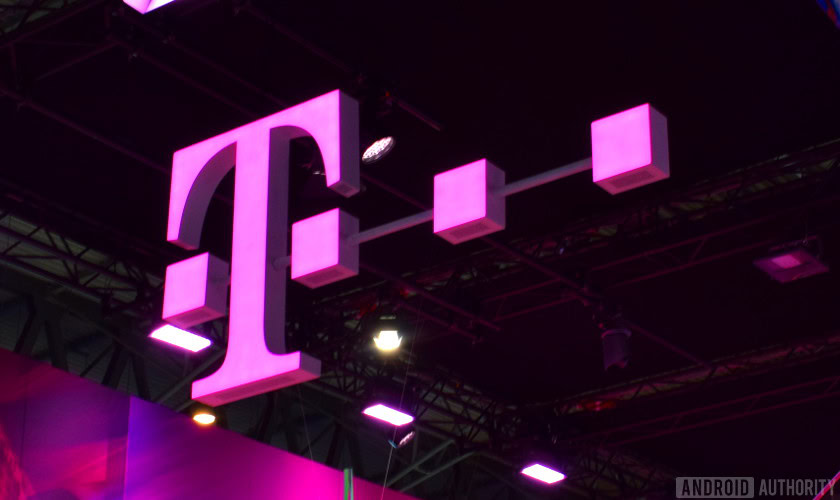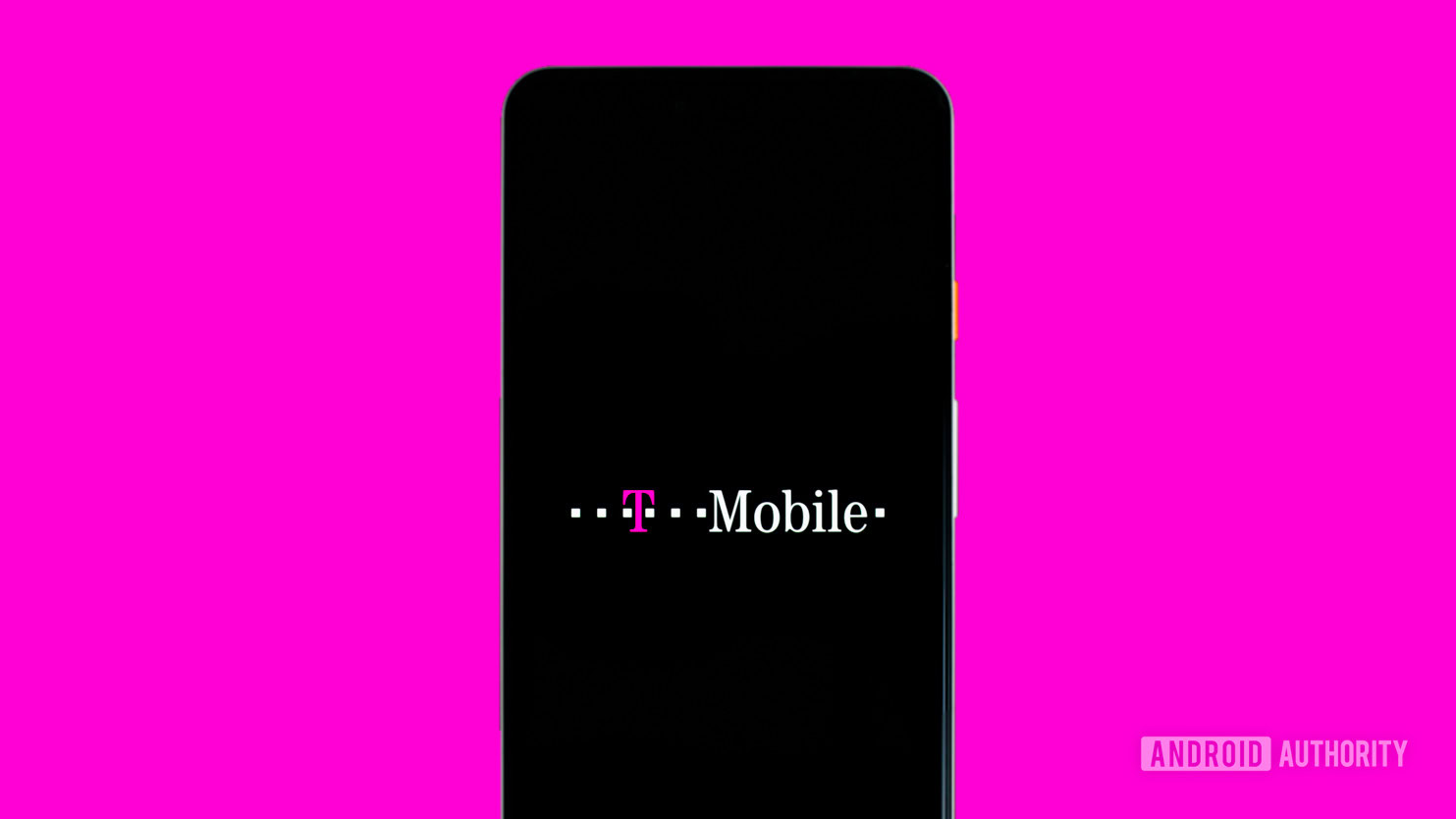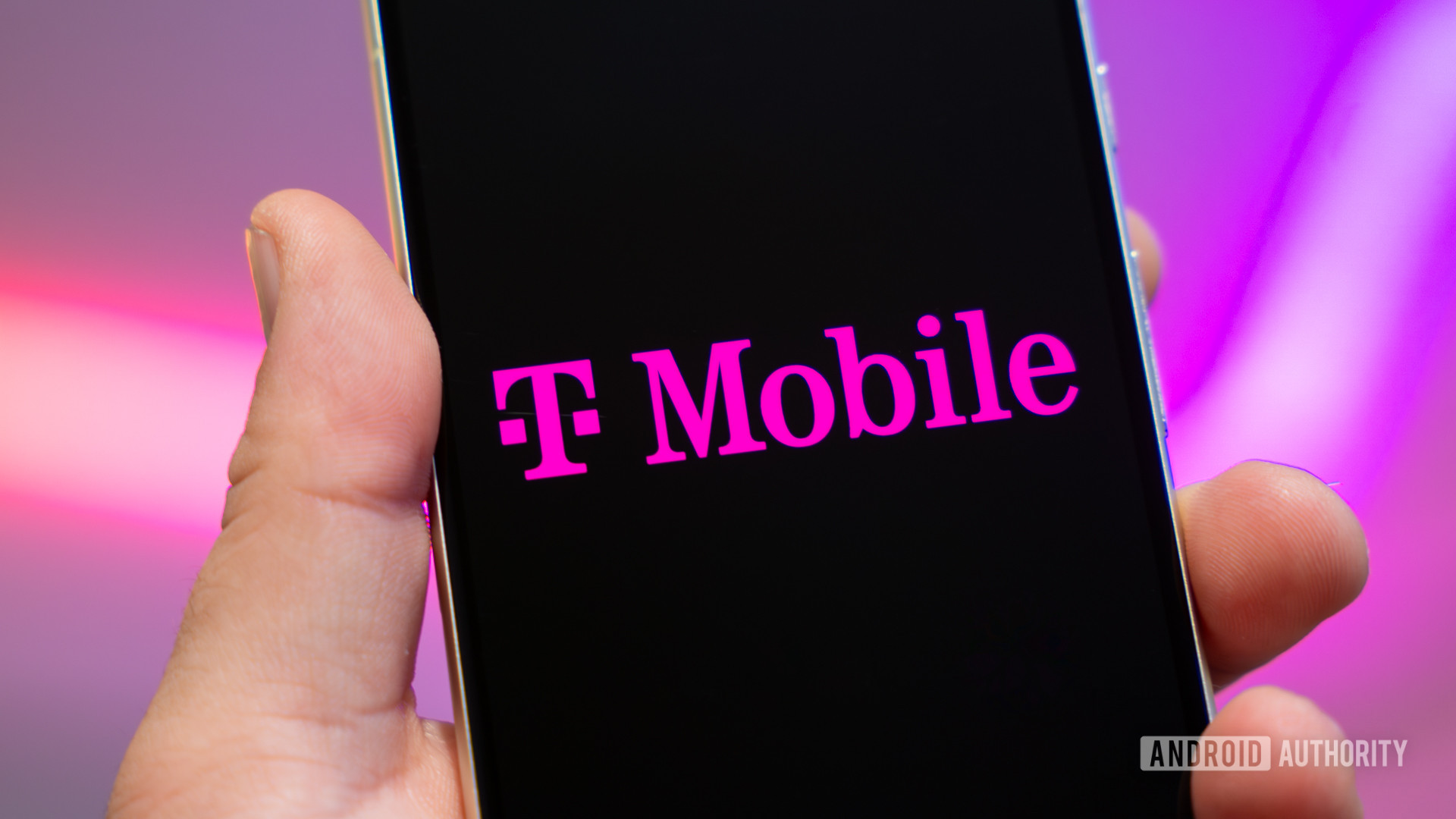Affiliate links on Android Authority may earn us a commission. Learn more.
T-Mobile hit with $40 million fine for “pre-ringing” your outbound calls

- T-Mobile engaged in the practice of “pre-ringing” calls; callers hearing a ringtone under the assumption that the phone is ringing for the recipient, but it isn’t.
- This practice is illegal, per a 2014 rule imposed by the FCC.
- As a result of T-Mobile’s negligence, the company must pay a $40 million fine, alter its practices, and report yearly to the FCC to ensure compliance.
Everyone knows how to make a phone call. You dial the number, hold the phone to your ear, and listen to the ringing sound. Eventually, either the person or a voicemail service answers the call.
What if we told you that the ringing sound you heard during calls didn’t always signify that the person you were calling was actually hearing the phone ring?
This practice of “pre-ringing” just landed T-Mobile a $40 million fine as part of a settlement with the FCC, via TechCrunch. According to T-Mobile’s own statements on the matter, the company admitted to pre-ringing calls “hundreds of millions” of times.

In T-Mobile’s defense, pre-ringing a call isn’t exactly the worst thing in the world. Let’s say you are calling someone who at that time is in a rural area with low service. The call will obviously take longer to get to the recipient than usual due to their location. Would you rather hear silence during that time, or would you rather hear the familiar ringing sound?
T-Mobile assumed that its customers would rather hear ringing than silence. It used pre-ringing in situations where “out-of-network calls from its customers on SIP routes that took more than a certain amount of time” to connect. Where’s the harm in that?
Pre-ringing is illegal and T-Mobile knew it. But it went ahead and continued the practice anyway.
Regardless of your or our opinions on the matter, T-Mobile’s pre-ringing practice is illegal. In 2014, the FCC’s Rural Call Completion Order went into effect which made “false audible ringing” (the official term for pre-ringing) against the law.

As far as the FCC is concerned, pre-ringing increases the chances that a caller will hang up before the call is connected. After the call failure, the caller will then be upset that it didn’t go through. In the FCC’s own words, pre-ringing can “make it appear to the caller that the terminating rural provider is responsible for the call failure, instead of the originating or intermediate provider.”
So really, all the FCC wants to do here is make sure that if a call isn’t connected to the recipient yet, that carriers accurately represent that lack-of-connection. T-Mobile now has 40 million reasons to take that seriously.
As part of the deal, T-Mobile will have to take action within 90 days to stop the practice and report to the FCC every year for the next three years to verify its compliance.